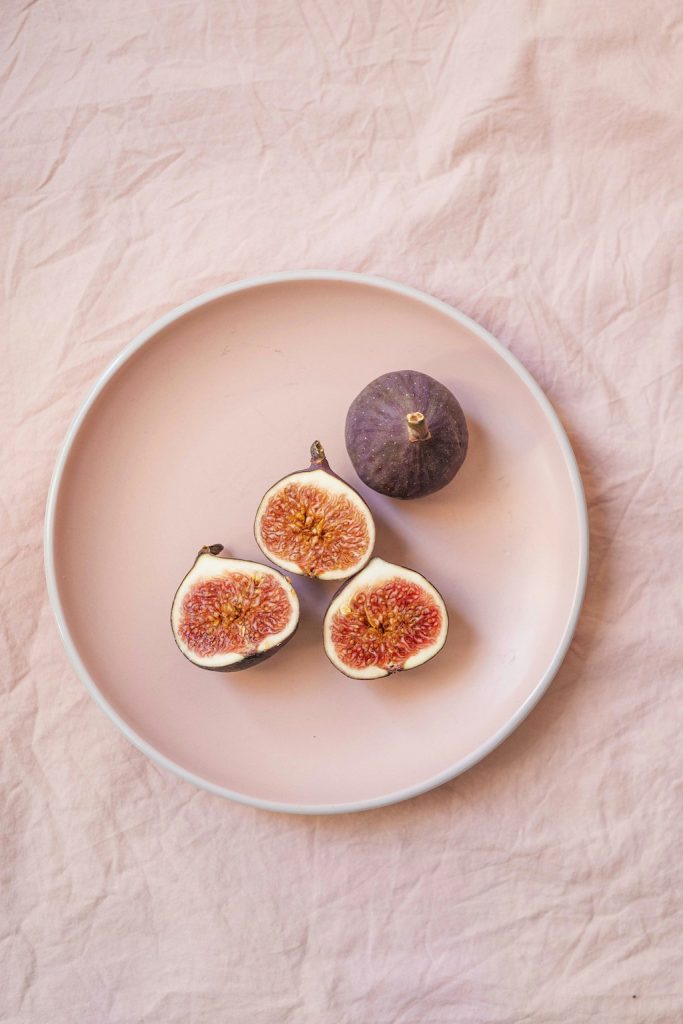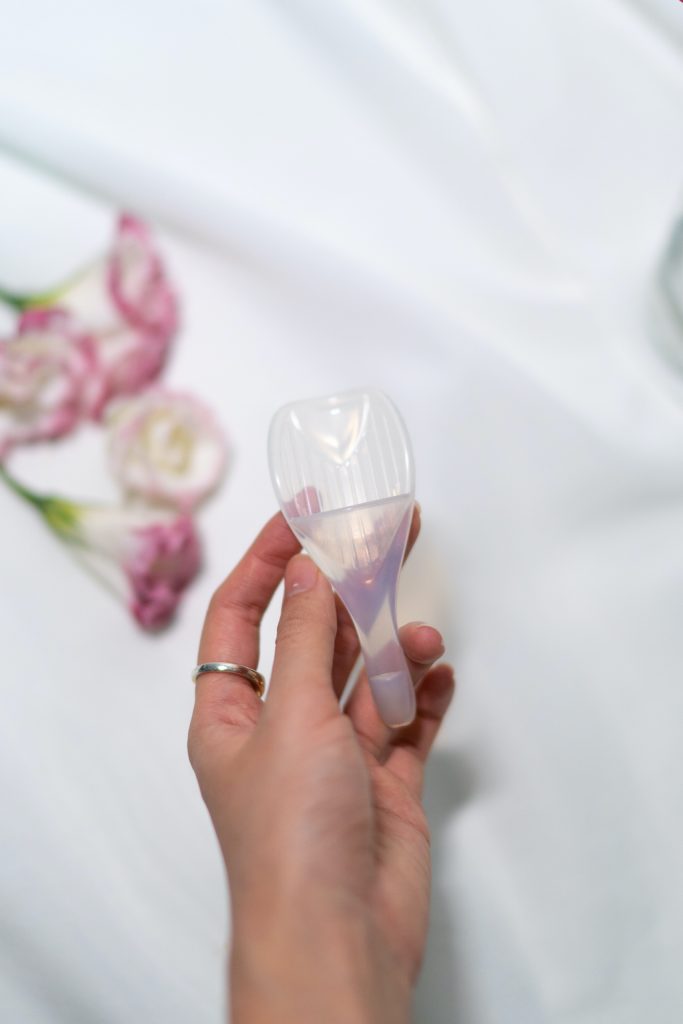SingaporeMotherhood | Pregnancy
August 2021
Trying To Conceive? Do these 5 Things before seeing a Fertility Doctor

This article was medically reviewed by Michael L. Eisenberg, M.D (M.D., Director of Male Reproductive Medicine and Surgery. Associate Professor of the Department of Urology at Stanford University School of Medicine.
As the saying goes, first comes marriage, then comes baby. But when? While many couples dream of having a baby and starting their own family, conceiving naturally can be difficult for some. If you are feeling that the path to conception is overwhelming, rest assured that you are not alone. Fertility issues are more common than we think. Here in Singapore, about 15% of couples are still not pregnant after one year of trying to conceive1.
Possible Reasons Why You’re Not Getting Pregnant
It can be emotionally upsetting if you have trouble getting pregnant. This is especially so if you have been trying for a long time and following various suggestions and tips from family and friends.
Traditionally women were blamed when couples could not conceive. Now however, we know that men contribute to up to half the problem2.
But let’s stop the blame game and focus on the issue in question: fertility. The fact is that there is no one-size-fits-all solution to fertility. Each couple is unique, with their own specific issues. Here are some common reasons why couples could have difficulty conceiving:
Age
Women are born with a set number of eggs, which decreases as they age. In addition, the quality of these eggs declines with time2. And while men produce sperm throughout their life, sperm quality decreases with age3 hence men over 40 may need more time to get a woman pregnant.

Physiological problems
Due to conditions like polycystic ovarian syndrome (PCOS), diminished ovarian reserve (DOR), hormonal problems, premature menopause, Fallopian tube obstruction, endometriosis, or physical abnormalities in the uterus2, some women do not ovulate.
In men, infertility can be caused by a lack of sperm, sperm abnormalities, or sperm movement issues. Similarly, testicular problems due to injury, cancer, surgery, blockage, or infection can influence semen quality. Some men may also experience ejaculation problems or not produce enough hormones to make sperm4.
Genetics
Genetic conditions such as Klinefelter’s syndrome, or Y-chromosome defects may decrease sperm production2.
Lifestyle
How you live your life can make a difference to your fertility. Being overweight, overly stressed, sleeping poorly, and overindulging in junk food doesn’t just affect your overall health and wellbeing, it can also lower your chances of getting pregnant. Excessive drinking and smoking also have a negative impact on fertility2.
Medication
Are you taking medication for a health concern? Do you work in a place where you may be exposed to radiation? Are your hormones balanced? Do you come into contact with environmental toxins? All these can cause changes in your body that lead to infertility2.
So you’ve been trying to conceive, and it’s not working. What’s next?
If you have been trying to conceive for more than six months with no positive results, you might start to think about getting help. But before seeing a fertility doctor, why not try these natural alternatives first?
1. Eat a healthy diet

Cut down on fast food5 and switch to a diet that gives you a better chance of getting pregnant. Foods that help include omega-3 polyunsaturated fatty acids, protein from vegetables, whole grains, low-glycemic carbohydrates, dairy, and iron5. For men, nutrients such as omega-3, vitamin E, vitamin C, β-carotene, selenium, zinc, vitamin D, and folate, are beneficial and essential for sperm health5.
2. Have more sex
No, you don’t have to “get jiggy” every day. The more is not the merrier in this case and once sex becomes an obligation, all the pleasure is sucked out of it. So what’s the ideal amount of sex to have if you’re trying for a baby? Every. Other. Day.
Studies show that couples who have sex every other day have better chances of conceiving than those who have sex less often (for example, once a week)6.
The timing of sex is another factor to consider. Obviously, doing it at the peak of your fertility is optimal. However, this peak varies — even in women with regular cycles6. To get around the uncertainty, consider investing in ovulation predictor kits, or learning how to track your menstrual cycles6.
One easy way of predicting ovulation is to check your vaginal secretion. When it is slippery and clear (like raw egg white), your chances of conception are at their highest.
3. Moderate your alcohol and caffeine intake; avoid tobacco
While you can continue to enjoy a tipple, women who are trying to get pregnant should avoid imbibing more than two alcoholic drinks a day (10 g of alcohol)6. Prefer coffee? That’s fine as long as you limit yourself to no more than five cups of coffee per day. More than that has been associated with decreased fertility6. Finally, try to stop smoking as smokers are more likely to have fertility issues6.
4. Check your vaginal lubricants
Some water-based vaginal lubricants may decrease sperm movement due to their chemical composition. If you use these, look for those that have mineral oil, canola oil, or hydroxyethyl cellulose as their base instead6.
5. Try the twoplus Sperm Guide

All it takes is one sperm to fertilise an egg — right? Not really. While many people believe that a single sperm-to-egg fusion is the key to babymaking success, fertilisation actually requires a lot more sperm to prepare the way for the ultimate one.
In fact, a few million sperm need to reach the uterus to help ‘pave’ the way for the one winning sperm that fuses with the egg.
As with any quest, the journey is challenging. Most sperm that remain in the vaginal tract after coitus do not survive in the vagina’s acidic environment, let alone make it to the egg.
Here’s where the twoplus Sperm Guide can help. This helpful contraption prevents semen leakage during intercourse, increasing the chances of natural conception.

This is how it works: while having intercourse, the twoplus soft flap allows the penis to glide over it effortlessly during penetration. After ejaculation and withdrawal, the twoplus flap springs up, forming a seal that blocks the back-flow of semen, and protecting semen from the acidic lower vaginal canal. The only way is forward — towards the egg — and hopefully, conception!
Want a better chance of getting pregnant? Why not try twoplus Sperm Guide? Click here to shop twoplus Sperm Guide and for a limited time use <SGMH15> for a 15% discount.
References:
- Healthxchange.sg. Infertility in Women: Causes and Treatment Options – HealthXchange. [Internet] [Cited 16 August 2021]
- Fertility. CDC [Internet]. [cited 2021 Apr 8]
- Collodel G, Ferretti F, Masini M, Gualtieri G, Moretti E. Influence of age on sperm characteristics evaluated by light and electron microscopies. Sci Rep. 2021 Mar;11(1):4989.
- Public Health England N. Infertility causes [Internet]. [cited 2021 Apr 8]
- Carvalho BR de, Barcelos IDES, Medeiros SF de, Benetti-Pinto CL, Yela DA, Nácul AP, et al. Increasing the Chances of Natural Conception: Opinion Statement from the the Brazilian Federation of Gynecology and Obstetrics Associations-FEBRASGO Committee of Gynecological Endocrinology. Rev Bras Ginecol e Obs. 2019;41:183–90.
- Pfeifer S, Butts S, Fossum G, Gracia C, La Barbera A, Mersereau J, et al. Optimizing natural fertility: a committee opinion. Fertil Steril. 2017;107(1):52–8.
A whole lotta lovin’ went into this sponsored post by twoplus sperm guide.
All content from this article, including images, cannot be reproduced without credits or written permission from SingaporeMotherhood.
Follow us on Facebook, Instagram, and Telegram for the latest article and promotion updates.





